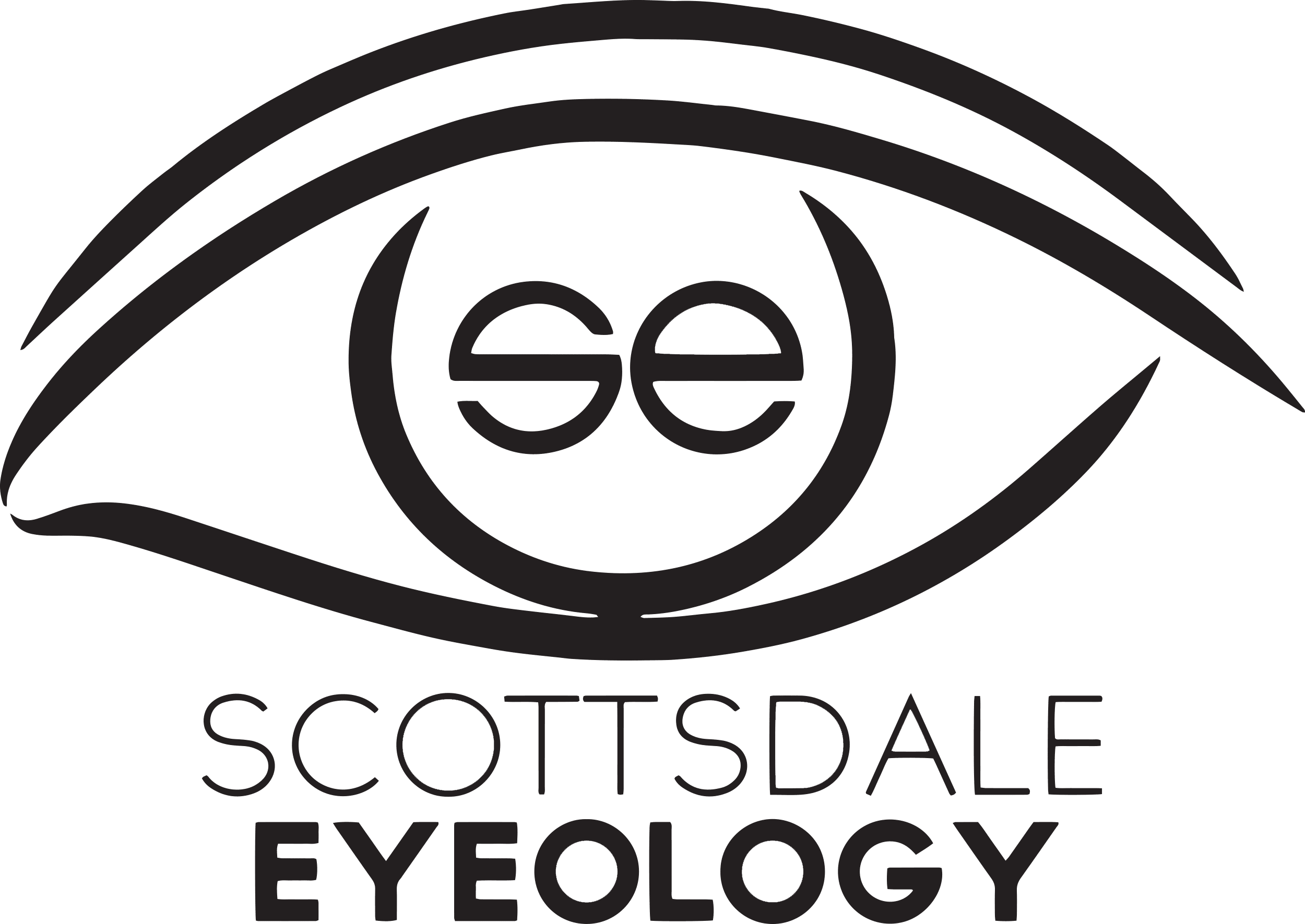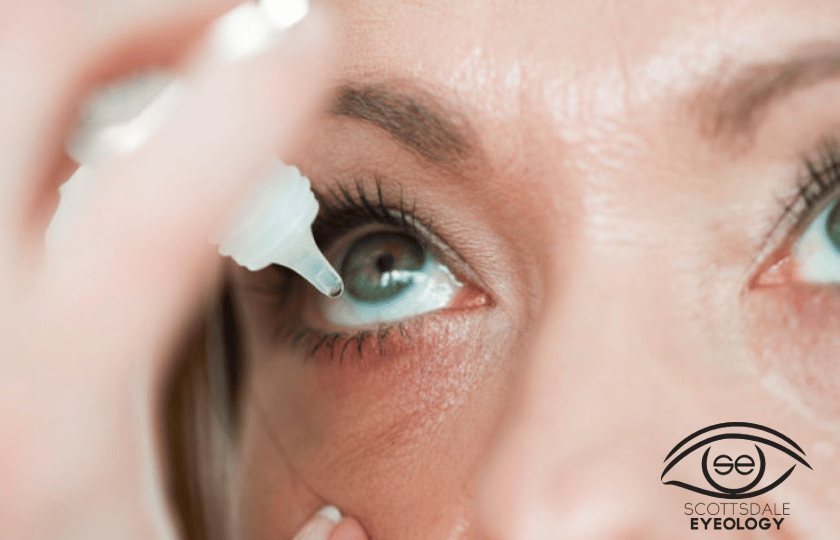At some point in their life, almost everyone has had dry eyes. Excessive use of telephones or less humid conditions could all be contributing factors to this problem. While occasional dry eye isn’t uncomfortable, chronic dry eye, often known as dry eye syndrome, is. Our optometrists at Scottsdale Eyeology will explain what causes this syndrome to you.
What Is Dry Eye Syndrome?
Dry eye syndrome happens when your tears aren’t able to keep your eyes sufficiently moisturized. Tears that are insufficient and unsteady might be caused by many factors. If you don’t make enough tears or your tears are of poor quality, you may experience dry eyes. This illness causes eye swelling and damage to the eye’s surface.
What Causes Dry Eyes?
Many people are aware that environmental conditions can cause people’s eyes to become dry and unpleasant. On windy days, it feels as though your eyes are completely dehydrated. While these difficulties may be the cause of your dry eyes, other reasons could be important as well. The best Scottsdale optometrist has mentioned a few causes in this section
Autoimmune Diseases
Dry eyes could be a sign of a more serious medical problem that requires immediate attention. Rheumatoid arthritis, lupus, and other autoimmune illnesses are typically accompanied by dry eyes. Thyroid eye illness is a significant disease that requires therapy from an eye doctor if you want to be able to treat it.
Medicines
Certain medicines can irritate your eyes and cause them to become dry. Birth control, some over-the-counter drugs, and even prescription medications can cause dry eyes. This is because these medicines can cause a decrease in tear production. Check the label of any medications you’re taking to check if dry eyes or decreased tear production is one of the negative effects. Consult your optometrist in Scottsdale for more information.
Age
Your body will naturally limit the number of tears you produce as you get older. Inflammation is usually to blame. Fortunately, over-the-counter eye drops may typically be used to cure this. When a woman’s hormones shift throughout menopause, many women notice that their eyes get dryer. After menopause, estrogen and androgen hormone production changes, which has a significant impact on the body’s ability to make tears. Tests can be performed by your optometrist in Scottsdale to see if a woman’s hormone production has decreased, and prescription medicines can be used to address the problem if necessary.
Vitamin Deficiency
If you don’t consume vegetables daily, you may be deficient in vitamin A, which makes it harder for your eyes to produce the moisture they require. Vitamin A deficiency can be avoided by eating foods high in vitamins. Vitamin A can be found in carrots, broccoli, sweet potatoes, and even pumpkin. Eat them as close to their natural state as possible to get the most nutrients out of them. You can consult your Scottsdale optometrist for more information on this.
Over usage Of Computer
If you work on a computer for long periods, you are likely to experience dry eyes. Many people are unaware that while they are gazing at a computer, they keep their eyes open longer than when they are conducting other daily activities. When your eyes are open for prolonged periods, the surface of your eye becomes dry, making your eyes irritating. It’s advisable to take a break from your computer every hour or so to enable your eyes to rest and replenish their natural moisture.
We hope this blog has helped you to understand more about the causes of dry eyes. Get in touch with us at Scottsdale Eyeology for the best treatment in Scottsdale, AZ.


